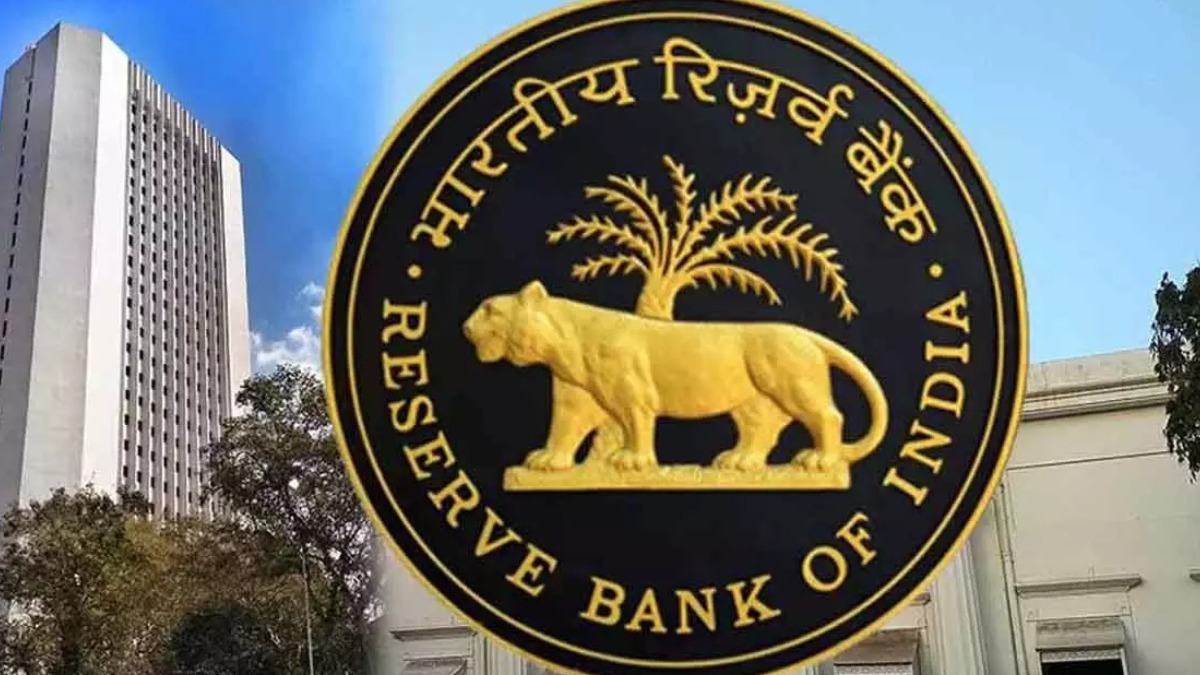@JUDGMENTTAG-ORDER
A.M. Sapre, J.@mdashThis is a sales tax reference made u/s 44(1) of the M.P. General Sales Tax Act, 1958 at the instance of Commissioner of Sales Tax in R.A. No. 7-1/S/14/95 arising out of an appellate order dated November 11, 1994 and later rectified on February 16, 1998 in S.A. No. 231-1/92 to answer following question of law referred to this Court:
"Whether, under the facts and circumstances of the case, the Tribunal was justified in setting aside the reassessment order dated December 19, 1990 passed u/s 19(1) of the M.P. General Sales Tax Act, 1958 holding that the order of reassessment was in fact review and revision of original orders as no sales tax had been imposed on iron hoops in the first assessment orders?"
2. The facts in so far as they are relevant for answering the question need to be taken note of from the statement of case drawn by the Tribunal infra.
3. The assessee is engaged in the business of ginning and pressing of cotton bales. They are also engaged in sale and purchase of cotton bales.
4. By order dated October 31, 1988 (annexure B), the assessee was assessed by the assessing authority. One of the items of assessment amongst other was purchase tax on local purchase of iron hoops. The assessee was not satisfied with the determination of assessment made by the assessing officer and hence, they filed an appeal to the appellate authority.
5. During pendency of the appeal filed by the assessee, the assessing officer invoked the provisions of Section 19(1) of the M.P. General Sales Tax Act and sought to re-open the original assessment dated October 31, 1988. The reason for re-opening and making reassessment was some audit objection raised in audit. It was said that in place of purchase tax, the assessing officer should have levied sales tax. On merits also, the assessing officer said that there is some mistake.
6. Accordingly, the assessee was reassessed. In appeal, the order of reassessment was maintained. However, in further appeal to Board, the notice of reassessment issued u/s 19(1) ibid. was held to be without jurisdiction and in consequence, the reassessment order passed. It is against this order, the Commissioner of Sales Tax sought for the reference from the Tribunal to this Court. This prayer having been accepted by the Tribunal, the aforesaid question has been referred to this Court.
7. None for the applicant. Heard Shri PM. Choudhary, learned counsel for the non-applicant.
8. Having heard learned counsel for the parties and having perused record of the case, we are inclined to answer the question against the Revenue, i.e., Commissioner of Sales Tax and in favour of the assessee.
9. Section 19(1) of the Act which alone is relevant for the purpose of answering the question reads as under:
"Section 19(1). Assessment of turnover escaping assessment. -- Where an assessment has been made under the Act or any Act repealed by Section 52 and if for any reason any sale or purchase of goods chargeable to tax under this Act or any Act repealed by Section 52 during any period has been under-assessed or has escaped assessment or assessed at a lower rate or any deduction has been wrongly made therefrom, the Commissioner may, at any time within five calendar years from the date of order of assessment, after giving the dealer a reasonable opportunity of being heard and after making such enquiry as he considers necessary, proceed in such manner as may be prescribed to reassess within a period of two calendar years from the commencement of such proceedings, the tax payable by such dealer and the Commissioner may, where the omission leading to such reassessment is attributable to the dealer, direct that the dealer shall pay, by way of penalty in addition to the amount of tax so assessed, a sum not exceeding that amount:
Provided that in case of an assessment made under any Act repealed by Section 52, the period for reassessment on the ground of under-assessment, escapement or wrong deduction shall be as provided in such Act notwithstanding the repeal thereof:
Provided further that any reassessment proceedings pending on the date of commencement of the Madhya Pradesh General Sales Tax (Amendment) Act, 1978, be completed in accordance with the provisions in force before the date of such commencement and within a period of two calendar years from the date of such commencement."
10. Mere perusal of aforequoted section would indicate that it can be invoked/pressed into service by assessing officer against the assessee when a case of under-assessment is noticed or a case of escaped assessment is noticed or a case where a tax at a lower rate is noticed, etc. In a case where the assessing officer wishes to change the very basis of the assessment order then in such an event, it amounts to a case of review of the order. In such case, recourse to the provisions contained in Section 39(1) of the Act is required to be taken and not Section 19 ibid. It is for the reason that such is not a case of under-assessment/escape assessment falling within the mischief of Section 19(1) ibid. If the assessing officer felt that in place of purchase tax, a levy of sales tax is to be imposed on the goods in question then he wished to change the, very basis of assessment order. In such case, proper action to be taken to remedy the wrong is not by taking recourse to Section 19 but Section 39. We, thus, concur with the view expressed by the Board and hold that notice issued u/s 19(1) of the Act is without jurisdiction and is not thus, legally sustainable in law. We are supported by the authority reported in Laduram Ramniwas v. State of M.P. [1996] 102 STC 240 (MP); (1994) 27 VKN 343.
11. In view of aforesaid discussion, we answer the question referred supra against the Commissioner of Sales Tax (State) and in favour of assessee/dealer.

